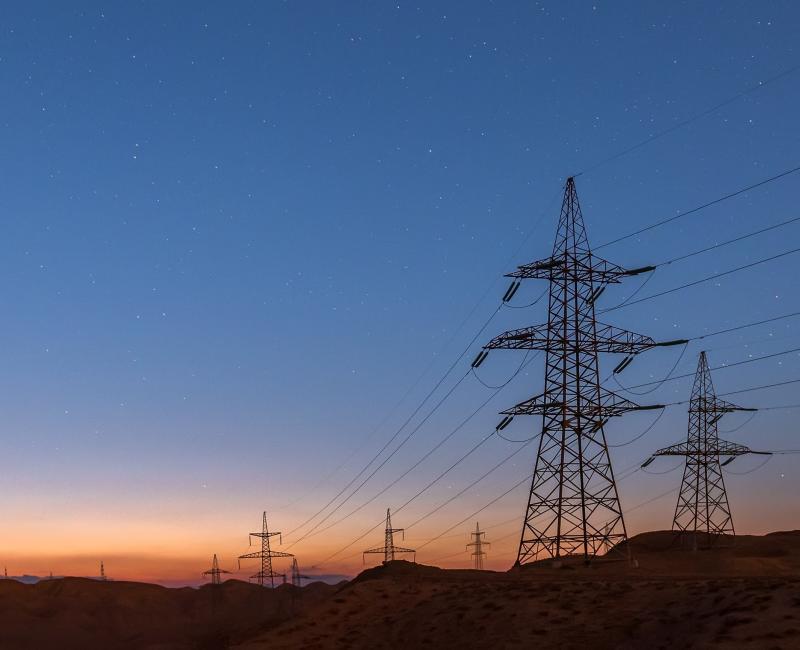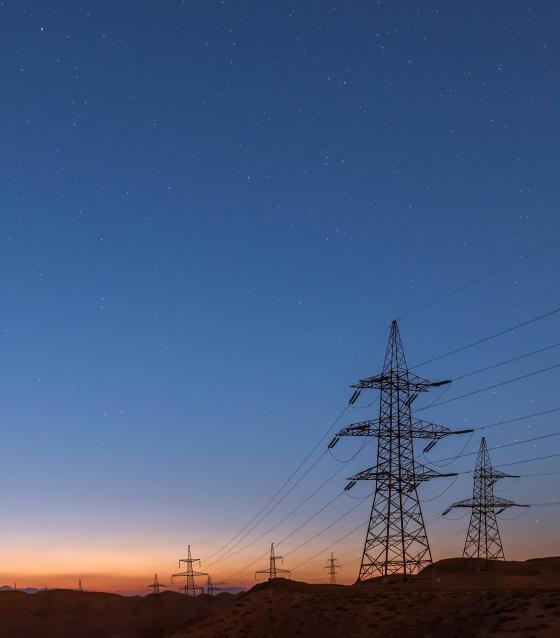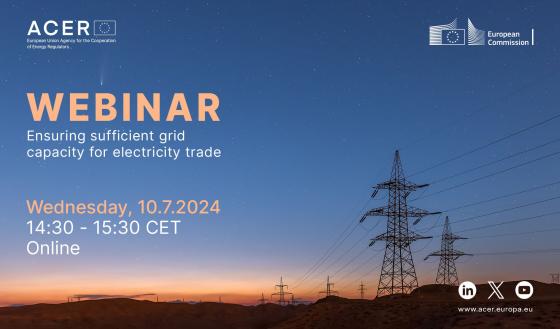ACER points to the pressing need for electricity system operators to maximise the electricity transmission capacity for trading with neighbours

ACER points to the pressing need for electricity system operators to maximise the electricity transmission capacity for trading with neighbours
What is the report about?
Today, ACER publishes its 2024 Market Monitoring Report on capacities for cross-zonal trade of electricity (including the progress in reaching the so-called ‘70% requirement’) and congestion management.
ACER highlights the urgency for Transmission System Operators (TSOs) to meet their obligation of making 70% of transmission capacity available for cross-border electricity trading by the end of 2025.
What are ACER’s key findings?
Already in April 2024, ACER alerted the European Parliament and Commission that there is much at stake in not meeting the minimum 70% requirement by the end of 2025 and that there are still significant challenges ahead to do so.
Today’s report by ACER finds that:
- The EU power grid is increasingly congested (remedial actions like redispatching rose by 14.5% in 2023). The cost of managing this congestion in 2023 was EUR 4 billion.
- Some TSOs in highly meshed areas of the EU power grid made available, on average, between 30% and 50% of the physical capacity of certain network elements in 2023, thus far from reaching 70%.
- There are still significant benefits from improving how cross-zonal capacity is calculated in the EU, as demonstrated by the introduction of flow-based market coupling in the Core region.
Furthermore, the recent report by the European Commission’s Joint Research Centre forecasts that power grid congestion will significantly worsen in the coming years, even in an optimistic grid development scenario.
How to meet the 70% minimum requirement by the end of 2025?
Meeting the 70% requirement needs a unified approach – each Member State’s actions (or inactions) impact others and ultimately EU consumers. ACER calls for the swift implementation by Member States and TSOs of the 3 tools foreseen by EU rules to reach the 70% minimum requirement:
- TSOs to swiftly implement coordinated processes to first calculate capacity and then manage congestion. Moving toward a more regional approach will ensure that the Member States causing loop flows will bear their cost, allowing for more capacity to be made available.
- TSOs to undertake targeted grid developments, focusing on most congested areas of the grid.
- Improve the bidding zones configuration: if consistently unable to meet the 70% requirement, better align the bidding zone borders with where the structural grid congestion occurs.
What’s next?
10 July 2024: ACER-JRC webinar. Register (for free) to learn more about the topic.






